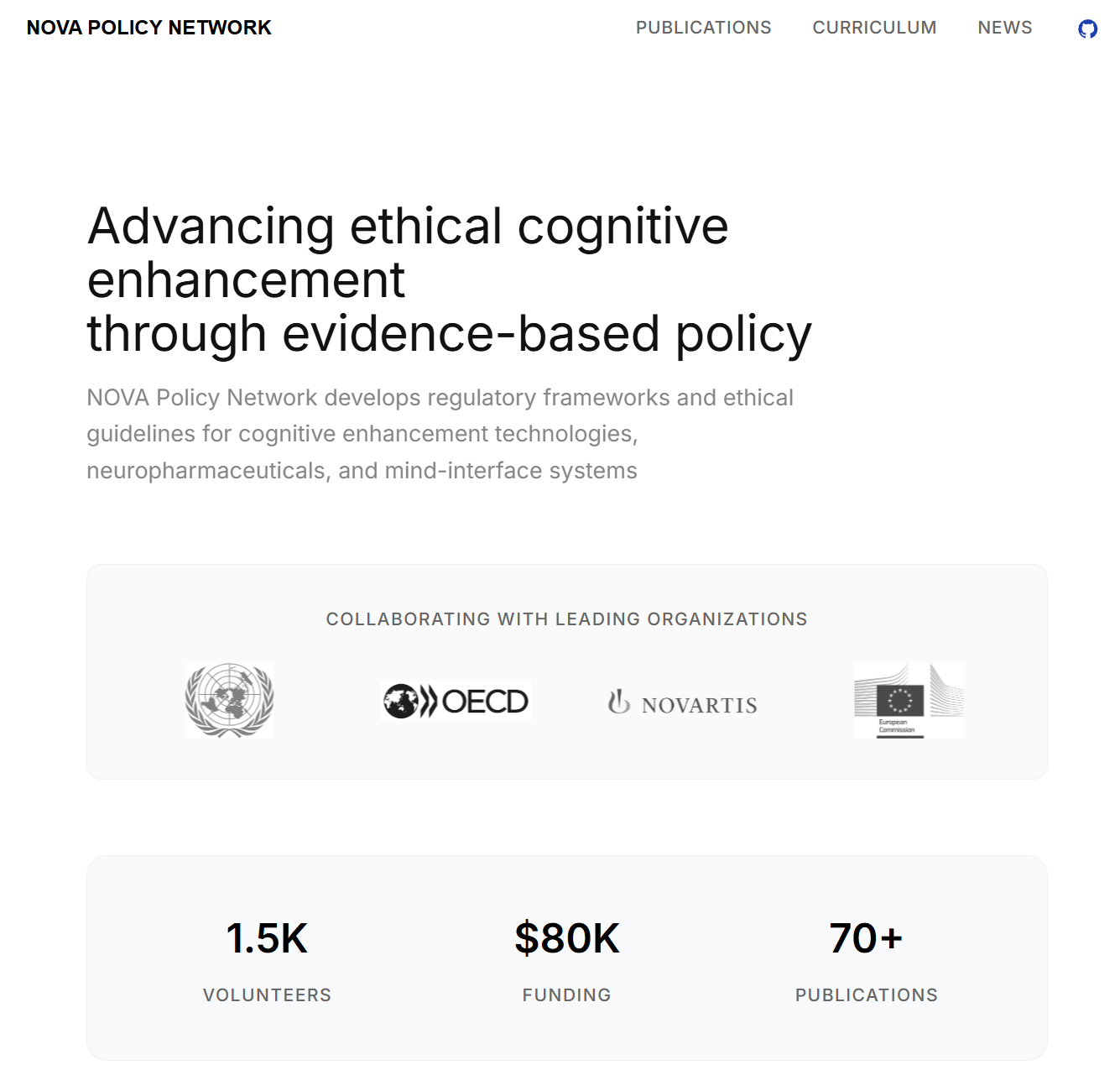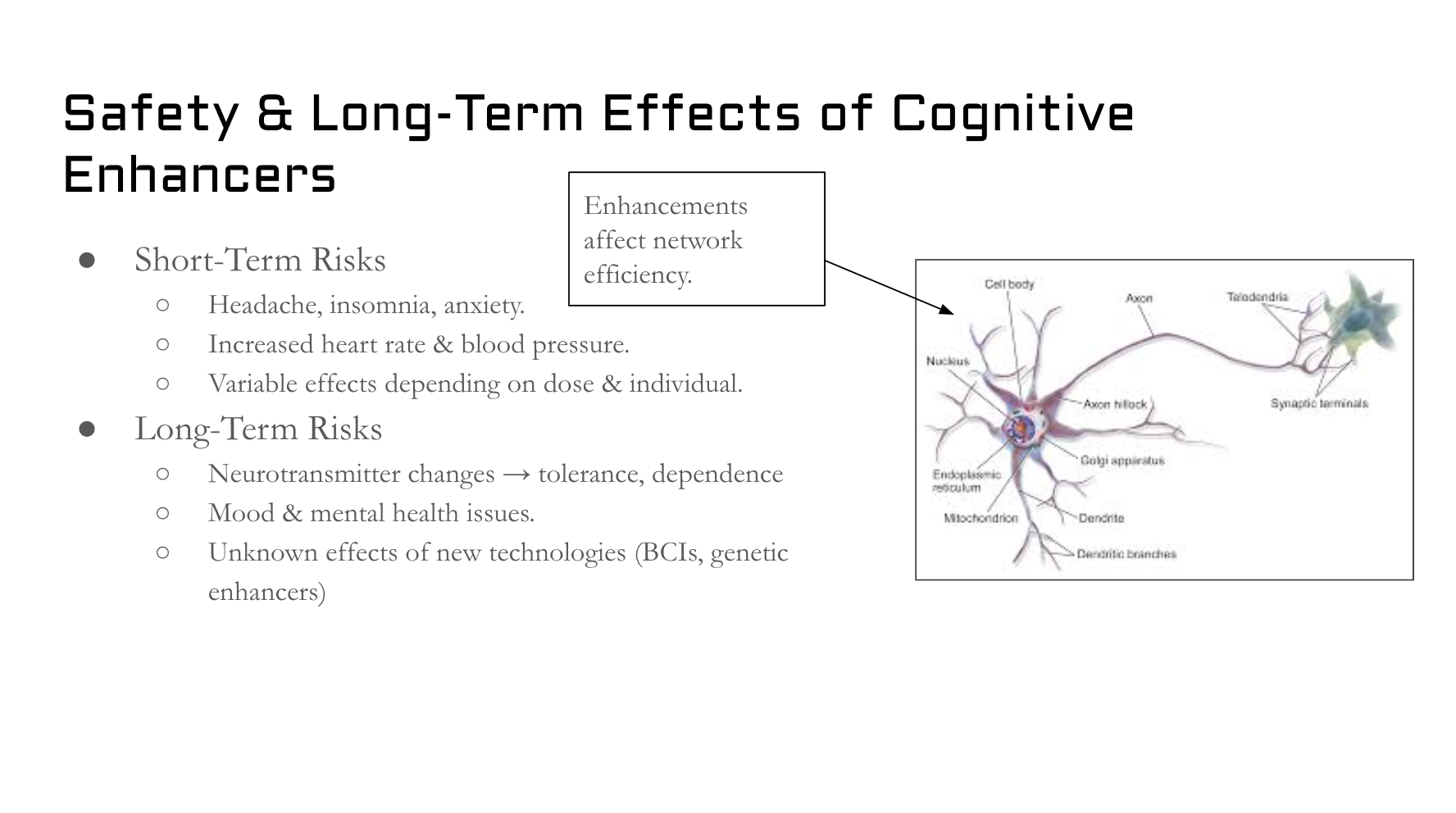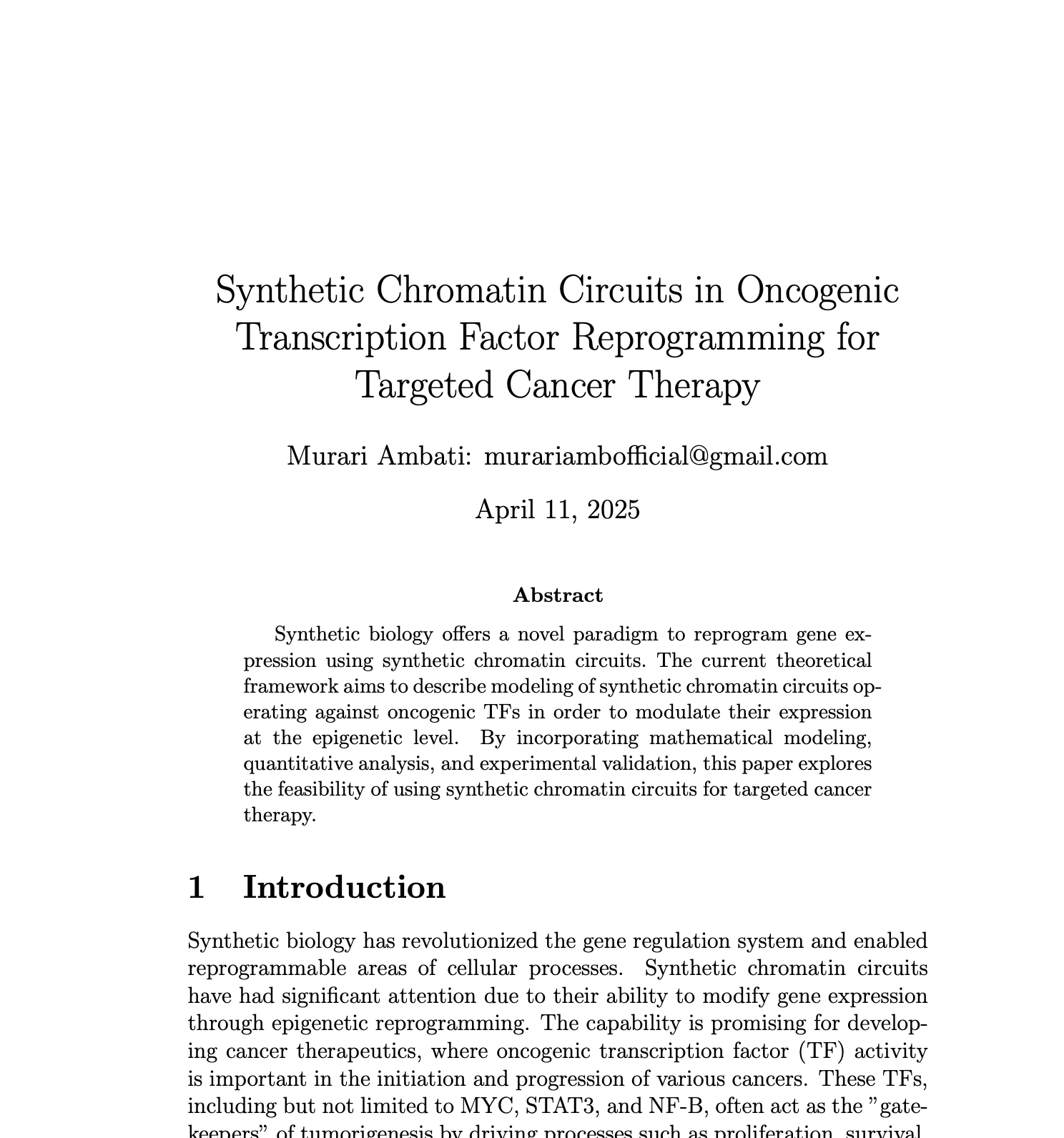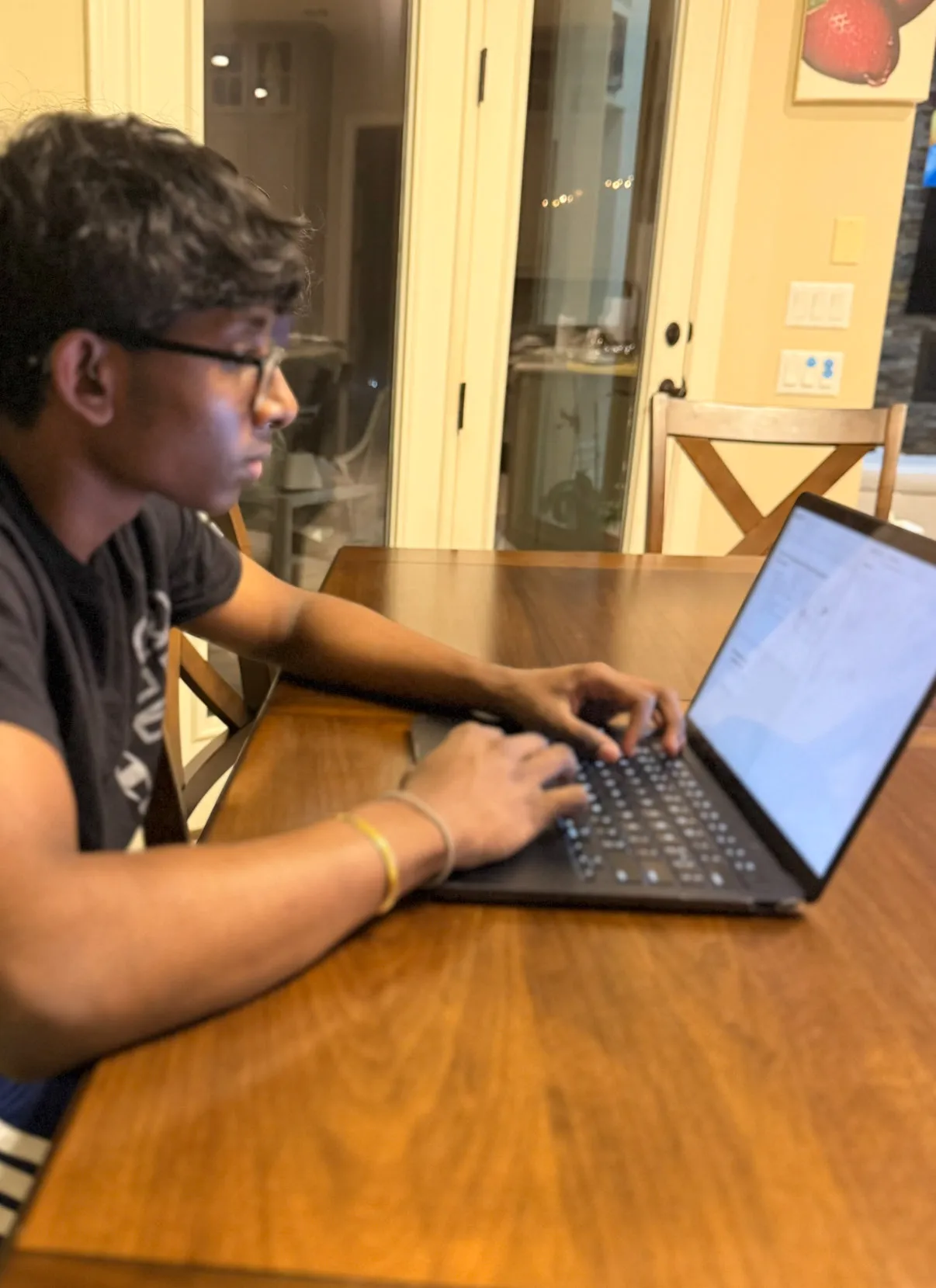We recently connected with Murari Ambati and have shared our conversation below.
Alright, Murari thanks for taking the time to share your stories and insights with us today. We’d love to have you retell us the story behind how you came up with the idea for your business, I think our audience would really enjoy hearing the backstory.
The idea for NOVA Policy Network began when Ishan Pendyala and I realized that cognitive enhancement technologies were advancing faster than society was prepared to manage. We were watching friends turn to neuroenhancers just to meet expectations in school and internships. It felt like a shift was happening quietly and without any real guidance for what responsible use should look like. Instead of excitement, people were starting to feel pressure.
We began researching who was paying attention to these changes. We found incredible scientific progress, but very little policy planning. Most institutions were in a wait and see mindset, hoping the challenges would become clearer later. That did not feel acceptable to us. If these technologies were going to influence opportunity, equity, and even identity, then governance needed to start early.
That is why we created NOVA Policy Network. We wanted to build a community that could track global trends, highlight risks before they become problems, and help shape ethical standards that protect people while allowing innovation to continue. What motivated us most was the chance to ensure that cognitive enhancement supports human potential rather than dividing it. This was a space where no clear structure existed, and we believed young leaders like us could help fill that gap with purpose and responsibility.

Awesome – so before we get into the rest of our questions, can you briefly introduce yourself to our readers.
I am a cofounder of NOVA Policy Network, where we focus on guiding the ethical development and governance of cognitive enhancement technologies such as neuropharmaceuticals and brain interface systems. I entered this field after recognizing that these tools were becoming widely used in academic and professional settings without clear safeguards, guidance, or equity considerations. At NOVA, we produce policy research, educational resources, and monitoring systems that help organizations and decision-makers understand how enhancement technologies are spreading, what risks they introduce, and how to protect fairness and wellbeing as adoption grows.
What sets us apart is that we work from the perspective of the people most directly encountering these technologies right now. We are proactive rather than reactive, addressing challenges before they become widespread problems. Our goal is not to limit innovation but to ensure responsible access and informed choice for everyone. I am proud that our work contributes to a future where cognitive enhancement supports human potential without creating new barriers or pressures. We want partners and supporters to know that NOVA Policy Network is committed to evidence, transparency, and practical solutions that help society navigate a rapidly changing cognitive landscape.

What’s a lesson you had to unlearn and what’s the backstory?
A lesson I had to unlearn was the idea that I needed to have everything fully planned before starting something meaningful. Early on, I believed that major initiatives in science and policy required perfect clarity, perfect timing, and perfect expertise from day one. When I began working in neurotechnology governance, I realized that progress often comes from being willing to move forward while still learning. The field is evolving so quickly that waiting for ideal conditions would mean staying behind. Unlearning that mindset allowed me to take action earlier, work with others more openly, and build NOVA Policy Network around curiosity and iteration rather than perfectionism.

How about pivoting – can you share the story of a time you’ve had to pivot?
When we first began shaping NOVA Policy Network, we thought our primary role would be advocacy and awareness. As we engaged with researchers and policymakers, we realized that awareness alone was not enough. There was a clear need for practical tools that could track enhancement trends and guide decision-making with real data. That realization shifted our focus from general education to building actionable research programs and monitoring systems that institutions could directly apply. It was a significant pivot in how we defined our value and how we structured our work. That shift ultimately allowed us to contribute solutions that support responsible innovation rather than simply calling attention to the challenges.



